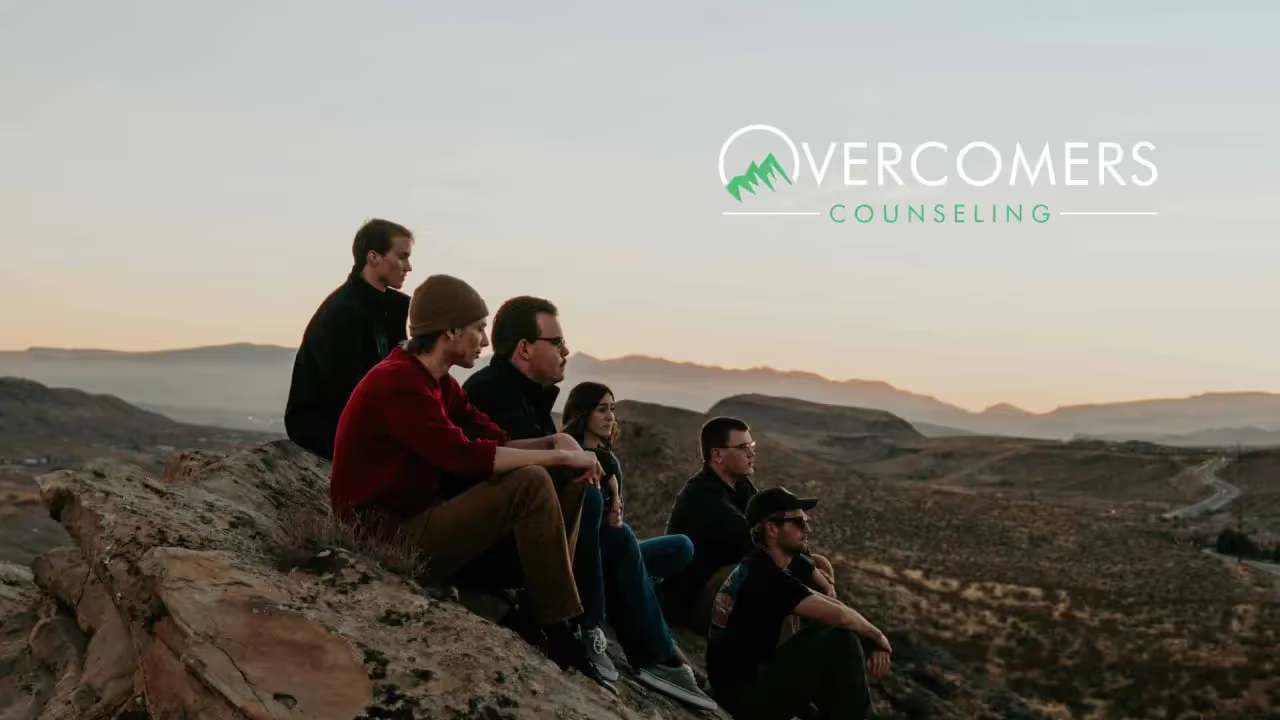IntroductionAurora, CO, serves as a vibrant hub for Alcoholics Anonymous (AA) meetings, where stories of hope and resilience light up the room as people...

Aurora, CO, serves as a vibrant hub for Alcoholics Anonymous (AA) meetings, where stories of hope and resilience light up the room as people gather to support one another on their path to recovery.
Here, every meeting is a testament to the strength found in the community and the shared belief that no one should have to face the challenges of overcoming addiction alone.
Aurora's AA community offers a welcoming environment for anyone seeking to make positive changes in their life, with a variety of meetings tailored to diverse needs.
If you need open meetings or anonymous gatherings, you can find a place where laughter, empathy, and progress intertwine.
This unique tapestry of recovery stories inspires and uplifts all who attend, creating a supportive network for those battling alcohol use disorder and other substance abuse issues.
For additional resources, consider Overcomers Counseling alcohol abuse counseling services or find an Alcohol Abuse Counselor.
The Denver Area Central Committee of Alcoholics Anonymous serves as a comprehensive resource for individuals seeking assistance with alcohol addiction in Denver, Aurora, and surrounding regions.
This central office maintains an extensive directory of meetings, offering a wide range of options to suit various needs and schedules.
From traditional in-person gatherings to virtual meet-ups that can be attended from the comfort of one's home, the variety ensures that anyone looking for support can find a suitable group.
Workshops and special events are also organized periodically, offering further opportunities for learning and community building among those striving for sobriety.
Website: Denver Area Central Committee of Alcoholics Anonymous
231 Buckley serves as a pivotal resource for individuals seeking Alcoholics Anonymous (AA) meetings and support in Aurora.
This location offers a variety of meetings aimed at addressing the diverse needs of those on their path to recovery from alcohol addiction.
The array of services provided by 231 Buckley extends beyond just meetings. Participants have access to literature that aids in their personal growth and understanding of addiction, along with opportunities to engage in workshops that build upon the principles of AA.
Website: 231 Buckley Information
The city of Aurora offers a broad spectrum of AA and NA meetings, ensuring that individuals from various backgrounds can find a supportive community.
These meetings range from daily gatherings to special interest groups aimed at specific communities, such as LGBTQ+ individuals or women, affirming that there's a place for everyone seeking help.
The accessibility of these meetings is enhanced by online directories and dedicated hotlines, making it easier for anyone to find a suitable meeting.
For many, engaging with these groups is a foundational aspect of their recovery process, offering a structured approach to overcoming addiction within a supportive and empathetic community.
Website: BetterAddictionCare

1. Identify Your Triggers - Begin by pinpointing specific situations, emotions, people, or places that incite the urge to drink.
Common triggers include stress, social events where alcohol is present, certain times of the day, or even feeling bored or lonely. Awareness is the first step towards managing them.
2. Develop Coping Strategies - Once you know your triggers, create a list of healthy ways to cope with them. For instance, if stress is a trigger, consider techniques such as deep breathing, meditation, or exercise to alleviate stress.
If social settings are challenging, plan an exit strategy in advance, or bring along a supportive friend who knows about your goal to remain sober.
3. Avoid High-Risk Situations - In early recovery, it's wise to steer clear of situations where the temptation to drink is high.
This might mean declining invitations to bars or parties where alcohol will be freely available until you feel more confident in your ability to resist the temptation.
4. Create a Support Network - Surround yourself with people who support your recovery efforts and understand the importance of maintaining a sober lifestyle.
These could be friends, family members, or fellow members of support groups like Alcoholics Anonymous. Having someone to call when you're facing a tough moment can make all the difference.
5. Practice Mindfulness - Mindfulness can help you stay grounded in the present moment and reduce the intensity of cravings.
Techniques such as mindful breathing or meditation can offer a way to deal with cravings and emotional triggers without resorting to alcohol.
6. Change Your Routine - Many people find that their drinking habits are tied to certain routines or times of the day.
Changing your routine can help break these patterns. If you used to drink after work, try scheduling a gym session or a hobby activity during this time instead.
7. Use Delay Tactics - When a craving hits, tell yourself to wait for 10 minutes before acting on the urge to drink. Often, the craving will pass or decrease in intensity during this time. During the delay, engage in a distracting or relaxing activity.
8. Visualize Success - Practice visualizing yourself successfully managing a trigger without turning to alcohol. This positive mental rehearsal can boost your confidence and help you handle the situation effectively when it arises in real life.
9. Seek Professional Help - If triggers and cravings are particularly challenging, consider seeking the help of an addiction counselor or therapist. They can offer personalized strategies and support to strengthen your coping skills.
10. Keep a Journal - Writing about your experiences, triggers, and how you dealt with them can be therapeutic and informative. It helps you track your progress, understand your patterns, and develop insights into which strategies work best for you.
Find a supportive network of Alcoholics Anonymous (AA) meetings that cater to various needs and schedules, providing a welcoming space for individuals pursuing recovery from alcohol addiction.
Aurora CO AA meetings provide a safe and supportive space for individuals seeking recovery from alcohol use disorder. Those looking to find AA meetings can easily locate various anonymous meetings throughout the city, catering to different schedules and needs.
With a comprehensive range of meetings including those for specific demographics and online options, individuals looking for support can find a community ready to assist them on their path to sobriety.
These meetings play a crucial role in the lives of many, offering hope, guidance, and a sense of belonging, making Aurora a city where recovery is both accessible and encouraged.